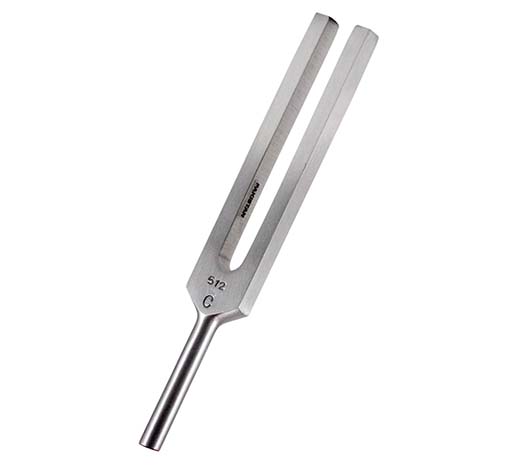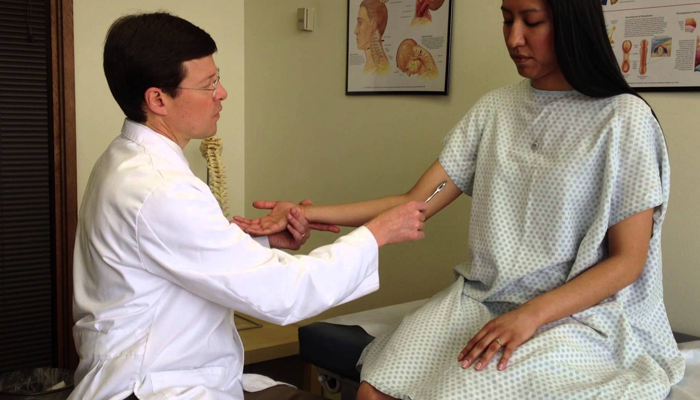Neurological examination
A neurological examination is the assessment of sensory neuron and motor responses, especially reflexes, to determine whether the nervous system is impaired. This typically includes a physical examination and a review of the patient’s medical history, but not deeper investigation such as neuroimaging. It can be used both as a screening tool and as an investigative tool. If a problem is found either in an investigative or screening process then further tests can be carried out to focus on a particular aspect of the nervous system .


In general, a neurological examination is focused on finding out whether there are lesions in the central and peripheral nervous systems or there is another diffuse process that is troubling the patient. Once the patient has been examine, the doctor will determine if whether these findings combine to form a recognizable medical syndrome or neurological disorder such as Parkinson’s disease or motor neurone disease. Finally, it is the role of the chiropratic physician to find the cause for why such a problem has occurred, for example finding whether the problem is due to inflammation or is congenital.
A patient’s history is the most important part of a neurological examination and must be performed before any other procedures. Important factors to be taken in the medical history include: Time of onset, duration and associated symptoms (e.g., is the complaint chronic or acute) Age, gender, and occupation of the patient Handedness (right- or left-handed) Past medical history Drug history Family and social history.


Neurological examination allows us to assess the strength, tactile sensitivity , cranial nerves and much more. If the process involves the PNS then determining whether it localizes to the nerve root, plexus, peripheral nerve, neuromuscular junction, muscle or whether it is multifocal. Handedness is important in establishing the area of the brain important for the language (as almost all right-handed people have a left hemisphere, which is responsible for language). As patients answer questions, it is important to gain an idea of the complaint thoroughly and understand its time course. Understanding the patient’s neurological state at the time of questioning is important, and an idea of how competent the patient is with various tasks and his/her level of impairment in carrying out these tasks should be obtained. The interval of a complaint is important as it can help aid the diagnosis.
Business Hours
Monday
8:15 am to 1 pm
Tuesday
8:15 am to 1 pm
3 pm to 8:30 pm
Wednesday
Closed
Thursday
8:15 am to 1 pm
3 pm to 8:30 pm
Saturday
Closed
Sunday
Closed
